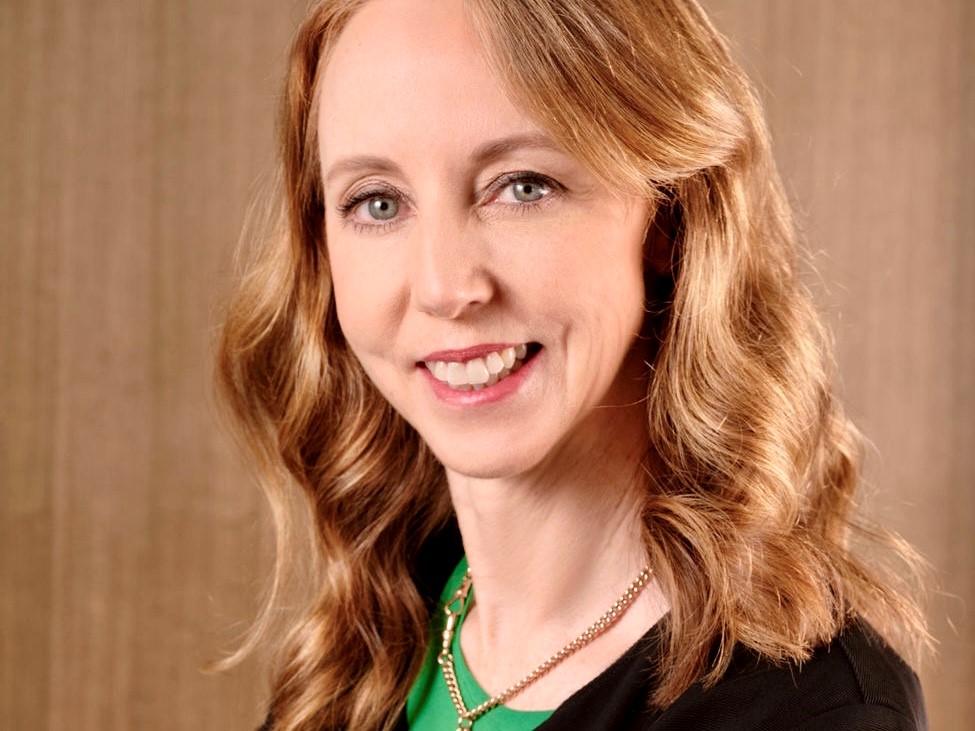Inside ANZ
If I had to bet, I would place my bets on women
“Women actually spend more time researching their options than men, are better at matching their investments to their life goals, tend to trade less and, when they do, remain calmer during the storms which unnerve male investors on the financial high seas” - Peter Swan Professor of finance at UNSW

Fiona Mackenzie, MD Funds Management, ANZ
Investing is a bit like driving a car. Now I know it’s a generalisation but many males tend to be a little overconfident in their investment abilities. And males tend to be more confident in their driving abilities than females.
On average, men tend to be bit more gung-ho in their driving and women tend to be a bit more cautious and what we see with investing – and this is borne out by a body of research now – is men tend to underestimate risks while women are more thoughtful with a greater focus on the longer term.
We recently ran a webinar as part of the Financial Services Council’s “It Starts With Action” campaign, aiming to help women increase financial confidence. I was joined by BusinessDesk Investments Editor Frances Cook, who led the discussion, Helen Skinner, ANZ NZ’s Head of Responsible Investment, and Maaike van Tol, Head of Asset Allocation.
Helen was pointed about how women invest – and drive. “We tend to ask for directions. Women have a much greater tendency to get advice. So that is in our benefit.”
Maaike added the differences between male and female investors are something she’d noticed when talking with friends.
“When people find out what I do, women often talk to me about their budgets, what they spend money on and how they save money. I think women talk to each other about this all the time,” she said.
“Men talk to me about their investments, whether they have invested in a specific stock, or they have a specific investment strategy. I get the feeling a lot of them talk to each other too. That gives them ideas, helps them to work out which questions to ask, [and] how much risk they want to take.”
No matter the gender, Maaike and I both believe talking about investing and risk can help people understand the different types of strategies and asset classes available.
Moreover, particularly given the entrenched wealth disparities between genders in society and the historical tendency for household investment decisions to be made by males, it is really important that women understand and, even better, are involved in making investment decisions.
Maaike made the point women who are outsourcing their investments to their partners still need to be confident reasonable decisions are being made.
“Your partner’s investment strategy may work out really well but there are many stories where it hasn’t worked out so well,” she said. “If you had the ability to influence those decisions earlier on, ask questions or go see a financial adviser together, it’d be useful.”
Indeed sometimes the difference may not be the question of which investments but really the question of how much risk is tolerable. There are two parts to this question: what is your risk appetite? And do the investments you are considering match that appetite?
Another well documented consequence of women not being involved in household investment decisions is what happens if the person making decisions is no longer there. Helen recalled that in a previous role with a financial advisory firm she often saw women coming in at times of trauma like divorce or death.
“Trying to decide who to trust with your financial future and make decisions at that point is hideous. So make sure you are engaged and asking questions. And don’t be afraid to do it. It’s a confidence thing,” she stressed.
My over-arching advice is it is important to understand what investment decisions are being made and why those decisions are being made. Ultimately, and hopefully, all parties have a similar attitude to risk and it becomes a question of what the best investment strategies are.
But discussion can – and often does – unearth some quite different tolerances for risks. Whether gender based or not.
Women should never feel they are not qualified to participate in these discussions or understand the strategies.
After all, a lot of research shows women are in general better investors than men. For example, a paper from UNSW Business School The gender face-off: Do female traders come out on top in terms of trading performance?, supports the contention women do make better investors.
Professor of finance at UNSW Peter Swan has argued investment stereotypes depicting women as conservative investors are wrong.
“Women actually spend more time researching their options than men, are better at matching their investments to their life goals, tend to trade less and, when they do, remain calmer during the storms which unnerve male investors on the financial high seas,” he said.
“Women tend to be more dispassionate than men when investing and trade less, reducing the risk of losses. Studies also show while men tend to invest with the goal of achieving capital growth, women generally focus more on the income an asset will produce."
Time for more women to take the wheel ….
Fiona Mackenzie is MD Funds Management at ANZ
Related Articles:
Inside ANZ
Diversity is key in conquering the cyber challenge
Inside ANZ
